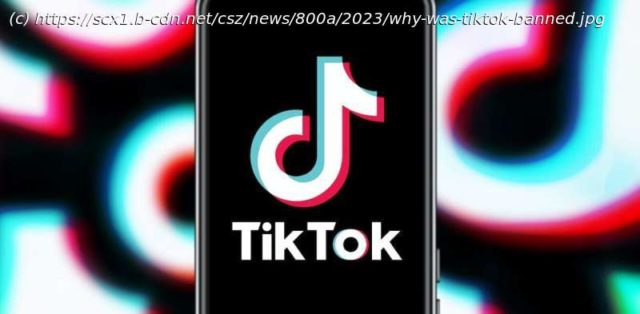Australia has joined a raft of other countries in banning the popular video sharing app TikTok from government devices, as several outlets have today reported.
Australia has joined a raft of other countries in banning the popular video sharing app TikTok from government devices, as several outlets have today reported.
The move comes after a seven month-long review instigated by Home Affairs Minister Clare O’Neil into security risks posed by social media platforms.
Last week, TikTok CEO Shou Zi Chew was grilled by US politicians in a more than five hour-long Congress hearing. Questions mainly focused on TikTok’s handling of user data and whether it could be accessed by the Chinese Communist Party, as well as how harmful content (such as content on self-harm and eating disorders) spreads on the app.
TikTok has maintained user data are stored securely and held privately, with CEO Shou Zi Chew telling Congress: “Let me state this unequivocally: ByteDance is not an agent of China or any other country.”
But the evidence seems to suggest a ban was a long time coming.
Since it was acquired by Chinese company ByteDance in 2017, TikTok (formerly Musical.ly) has faced persistent rumors regarding its handling of user data and privacy.
Despite its assurances, TikTok’s privacy policy allows for user data, including browsing history, location and biometric identifiers to be collected and shared with “business partners, other companies in the same group as TikTok, content moderation services, measurement providers, advertisers, and analytics providers.”
More worrying is this provision: “Where and when required by law, we will share your information with law enforcement agencies or regulators, and with third parties pursuant to a legally binding court order.”
“Where and when required by law” would include the provisions of China’s National Intelligence Law, which came into effect in 2017. It obliges organizations to cooperate with state intelligence agencies, and would oblige Bytedance to share TikTok data from Australia that may be deemed relevant to national security.
ByteDance has tried to distance itself from the perception that it is a Chinese company.






